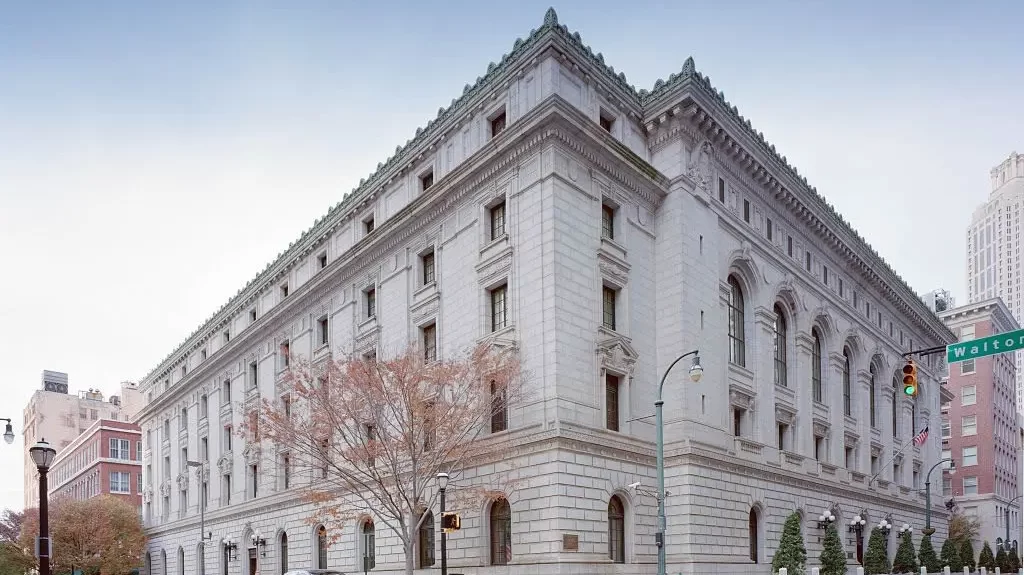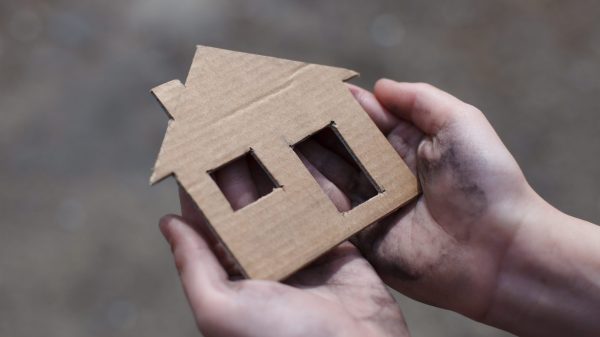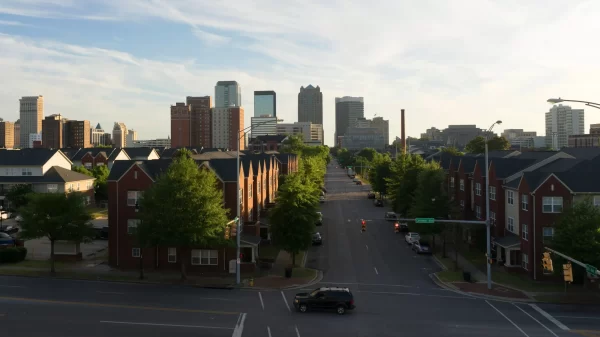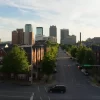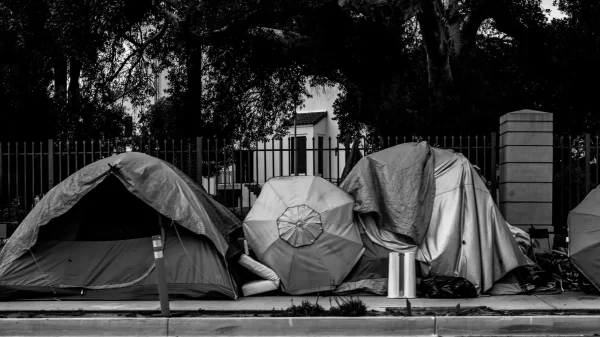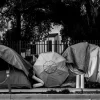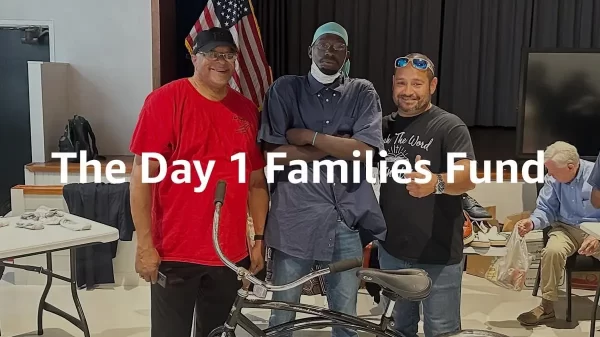|
Getting your Trinity Audio player ready...
|
The State of Alabama argued before a federal three-judge panel Wednesday that it should reverse the decision of a lower court finding its anti-panhandling laws unconstitutional.
Jonathan Singleton, a homeless man from Montgomery, brought the class-action lawsuit in 2020 after being arrested numerous times under the statutes. The Court issued a final order in 2023 finding that the state’s laws violated the First Amendment and permanently enjoining enforcement of the law.
Alabama Deputy Solicitor General Robert Overing pointed to colonial-era vagrancy laws to argue that begging is not meant to be protected speech under the First Amendment.
“Our argument is to return First Amendment doctrine to fixed and objective criteria history and tradition, and for this court to uphold some degree of regulation of the kind that has existed for centuries, perhaps millennia, going back to ancient Greece,” Overing said.
Micah West, senior staff attorney with the Southern Poverty Law Center, said that the Court has not seen vagrancy laws from that time in that light.
“There is concern about relying on the colonial era laws … because the First Amendment had not been incorporated against the states, and also because the 14th Amendment had not been incorporated, and that firmly rejected the notion that in vagrancy laws that there are classes of individuals who have no constitutional rights,” West said. “And the Supreme Court has not examined colonial era of vagrancy laws in the context of the First Amendment.”
The state laws in question prohibit individuals from “loitering, remaining or wandering in public to beg” and for someone loitering along the highway to “solicit employment, business or contributions” from drivers. The stiffest of these penalties can result in up to 30 days in jail and a $200 fine.
U.S. Circuit Judge Robert J. Luck, one of the three judges on the panel from the 11th Circuit Court of Appeals, said there is Supreme Court precedent that the panel will have a hard time overcoming. The precedent is set by Smith v. Fort Lauderdale, which came through the 11th Circuit. That 1999 precedent allowed Fort Lauderdale to prohibit soliciting in a specific area because it was “narrowly tailored to serve the City’s legitimate interests” but also cited previous cases to state that “begging is speech entitled to First Amendment protection.”
“In Smith, this court held that begging — which involves the charitable solicitation of funds for personal need — is constitutionally protected speech,” Singleton’s attorneys stated in a brief to the court.
Luck told the state’s attorneys that the Supreme Court had done nothing to indicate its opinion affirming that ruling should be disregarded.
“If the panel relied on a reading of that Supreme Court case, and that Supreme Court case is still out there, then how has that been eviscerated?” Luck said to Overing. “Now, if the Supreme Court were to say, ‘We have this new way of doing stuff, and these prior cases are now no longer good law,’ I think you might be in the ballpark. But I am worried we are not in the ballpark.”
The panel did not issue a ruling Wednesday.






































